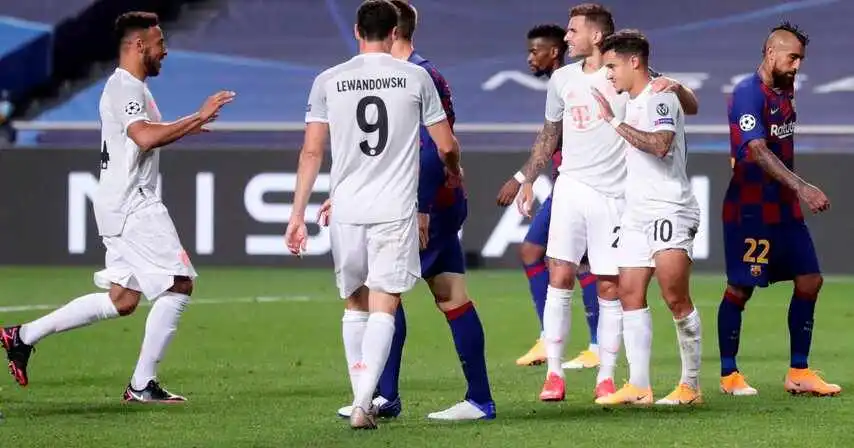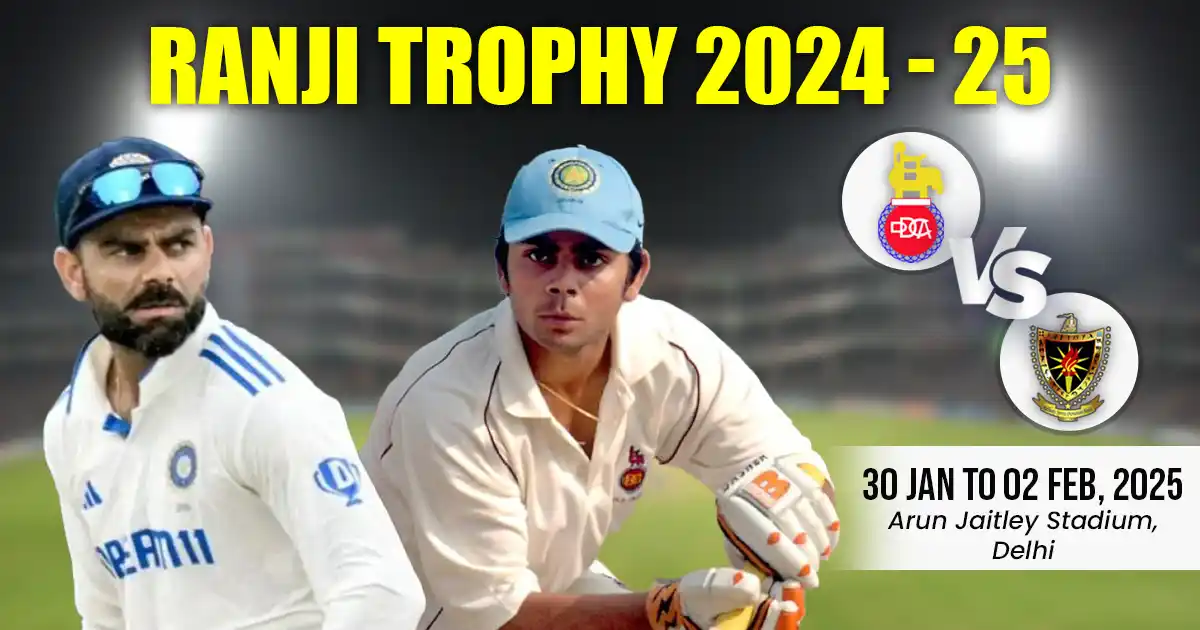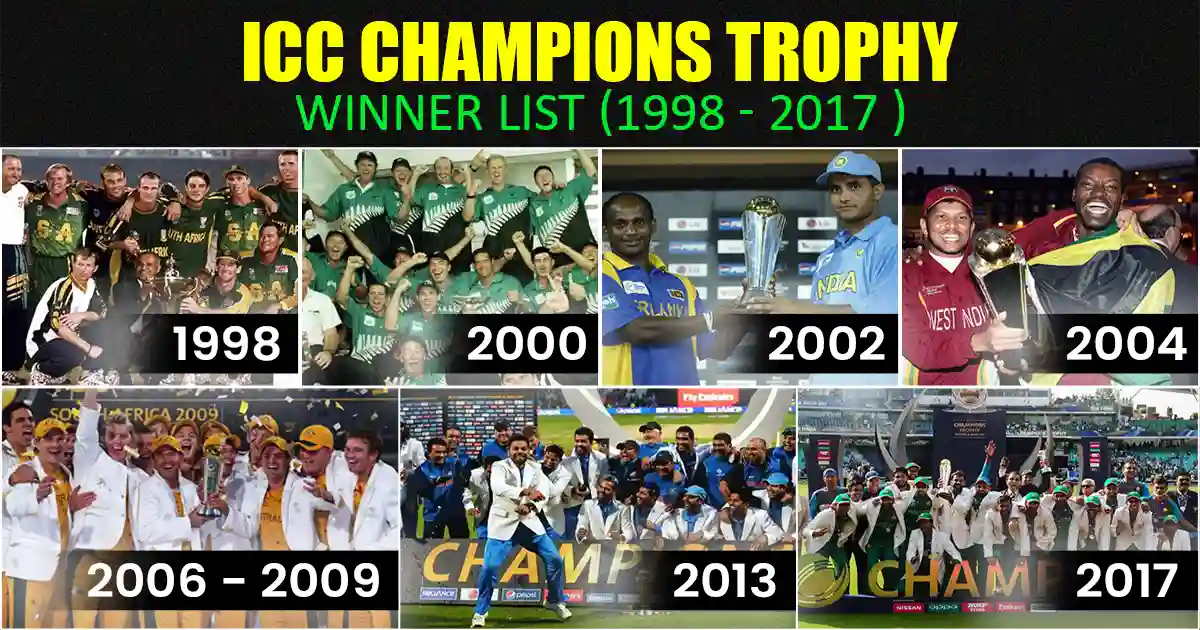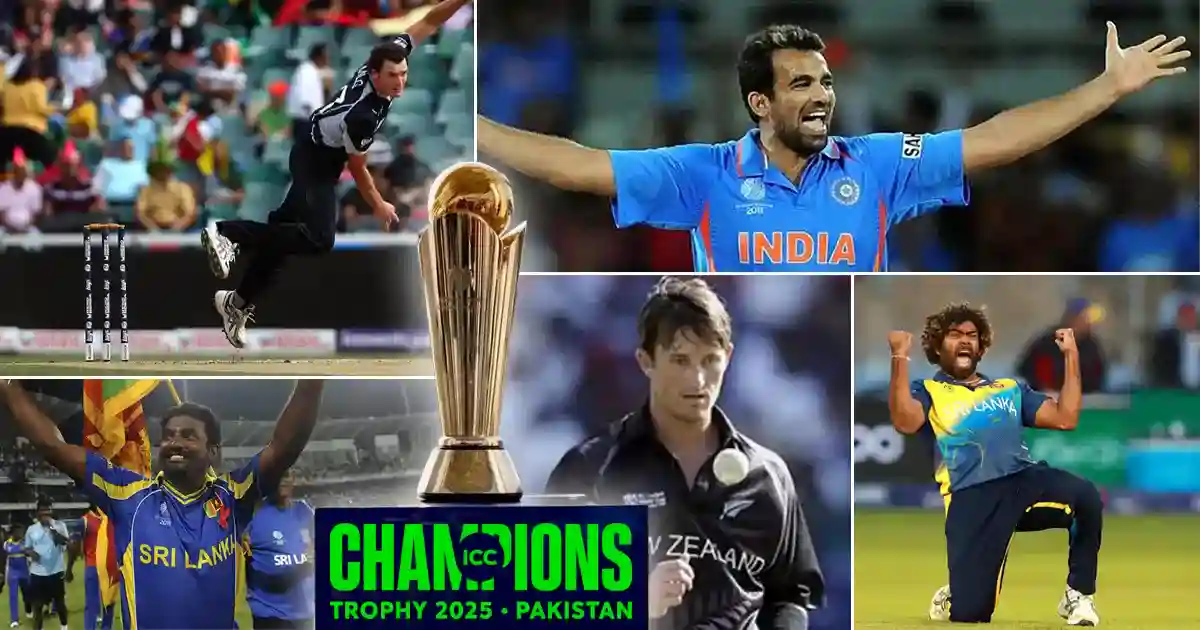
3 Unforgettable Clashes Between Barcelona and Bayern Munich in Recent Memory
When it comes to European football, few rivalries match the intensity, drama, and history of Barcelona vs Bayern Munich. These two football giants have produced some of the most unforgettable moments in Champions League history, thrilling fans with their tactical battles, individual brilliance, and high stakes.
Over the last decade, Barcelona and Bayern Munich have faced each other in games that have left lasting memories—both glorious and painful, depending on which side you support. From iconic victories to humbling defeats, let's take a trip down memory lane and revisit three of the most unforgettable showdowns between these two European powerhouses.
1) The 8-2 Demolition – 2020 Champions League Quarterfinals
The mere mention of "8-2" sends chills down the spine of many Barcelona fans. In what is arguably one of the most shocking results in Champions League history, Bayern Munich annihilated Barcelona in the 2020 quarterfinals. The match, played behind closed doors due to the pandemic, took place in Lisbon as part of a restructured one-legged knockout format. From the first whistle, Bayern Munich were relentless, imposing their high-pressing, fast-paced style on a Barcelona side that looked sluggish and outdated. Thomas Müller opened the scoring within four minutes, but Barcelona responded quickly, with David Alaba's own goal leveling things up just three minutes later.
However, that was as good as it got for Barcelona. Bayern took control, with Ivan Perišić, Serge Gnabry, and Müller again scoring before halftime. Barcelona looked out of ideas, and Bayern's midfield, led by Thiago Alcântara and Joshua Kimmich, ran the show. The second half was even more brutal. Goals from Kimmich, Robert Lewandowski, and a Philippe Coutinho brace (ironically, on loan from Barcelona) sealed the fate of the Catalan side. The final scoreline—8-2—was an utter humiliation, marking Barcelona's heaviest defeat in Europe and signaling the end of an era for the club.
This result not only sent shockwaves throughout the football world but also led to significant changes at Barcelona. Manager Quique Setién was sacked almost immediately after the defeat, and the club entered a period of transition, with Lionel Messi famously sending a burofax requesting to leave shortly after. Bayern Munich, on the other hand, went on to win the Champions League that season, capping off a treble-winning campaign.
2) The 2015 Semifinals – Messi’s Magic at Camp Nou
If the 8-2 drubbing represents one of Barcelona's darkest hours, then the 2015 semifinal first leg at Camp Nou is one of their brightest. This match is particularly remembered for Lionel Messi’s iconic performance, where he produced one of the most memorable moments in Champions League history. Under Luis Enrique, Barcelona were in scintillating form in 2015, and Bayern Munich, managed by former Barça coach Pep Guardiola, stood between them and a place in the final. The first leg at Camp Nou was a tactical chess match for much of the game, with Bayern defending resolutely and looking to frustrate the home side. For 77 minutes, the match remained goalless, and it seemed like Guardiola's plan was working.
Then, Lionel Messi took over. In the 77th minute, Messi broke the deadlock with a powerful left-footed shot that beat Bayern goalkeeper Manuel Neuer at his near post. But it was his second goal just three minutes later that etched this game into football folklore. Picking up the ball on the right wing, Messi danced past Jérôme Boateng with a delicate feint, leaving the Bayern defender sprawling on the ground, before coolly dinking the ball over Neuer.
That goal, where Messi made one of the best defenders in the world look ordinary, became an instant classic, with memes and replays of Boateng’s fall flooding social media. Neymar added a third in stoppage time, sealing a 3-0 win and putting Barcelona firmly in control ahead of the second leg. While Bayern won the return leg 3-2, it wasn’t enough to overturn the deficit, and Barcelona advanced to the final. They went on to win the Champions League, completing a historic treble. Messi’s performance in the first leg, particularly that second goal, is still talked about as one of the finest moments of his career.
3) The 2013 Semifinals – Bayern’s Dominance
Before the 8-2 thrashing in 2020, Bayern Munich had already shown Barcelona what they were capable of in the 2013 Champions League semifinals. In fact, Bayern’s 7-0 aggregate victory over Barcelona across two legs remains one of the most one-sided knockout ties between two top clubs in European history.
In the first leg at the Allianz Arena, Bayern absolutely battered Barcelona, winning 4-0. The Bavarians were physically dominant, faster, and more aggressive in every area of the pitch. Arjen Robben and Franck Ribéry tormented Barcelona’s full-backs, while Thomas Müller played a crucial role, scoring twice and setting up another.
What was most striking about the match was how powerless Barcelona looked. Their famed possession football, which had brought them so much success over the previous years, was completely nullified by Bayern’s high press and intense physicality. For many, this game marked the end of the tiki-taka era, as Bayern showed the world that Barcelona’s style could be effectively countered with power and precision. The second leg at Camp Nou was expected to be a chance for Barcelona to restore some pride, but it turned into another rout. Bayern won 3-0, with Robben, Müller, and an own goal from Gerard Piqué compounding the misery for the Catalans.
The 7-0 aggregate defeat sent shockwaves through Barcelona, and it was a defining moment in the club’s history. Bayern Munich went on to win the Champions League, completing a historic treble under Jupp Heynckes. This tie was a signal that Bayern Munich were the new dominant force in European football.
The Changing Dynamics of the Rivalry
What makes the Barcelona-Bayern Munich rivalry so fascinating is the shifting power dynamic between the two clubs. In the early 2010s, Barcelona were the undisputed kings of Europe, with their tiki-taka style and Messi at the peak of his powers. Bayern Munich, while always a European heavyweight, had not yet reached the levels of dominance they would soon enjoy.
The 2013 semifinals and the 2020 quarterfinals were both symbolic moments when Bayern Munich asserted their superiority, while the 2015 clash was a reminder that Barcelona could still produce magic on the biggest stage. Each meeting between these two clubs has had far-reaching consequences for the teams involved, often leading to managerial changes, squad overhauls, and shifts in tactical philosophies.
Also Read: Barcelona vs Bayern Munich – UEFA Champions League – Preview, Team News and Updates




